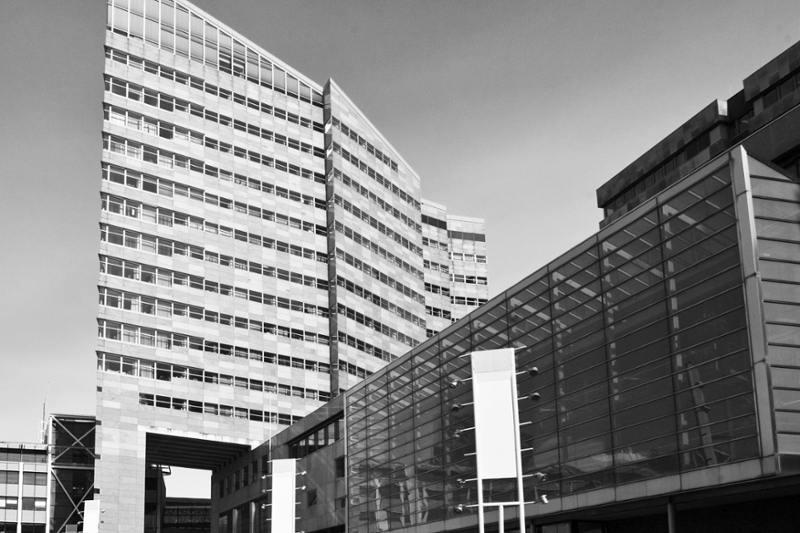Dutch Courts have jurisdiction in case against Shell Nigeria oil spills

4 Nigerian farmers claim compensation from Shell for the damage they claim to have suffered because of oil leakages from two underground pipelines and an oil well in Nigeria in the period 2004-2007. They also demand that Shell puts more effort into cleaning the pollution and takes measures to prevent recurrence. Besides the farmers, Milieudefensie (the Dutch branch of Friends of the Earth International) acts as plaintiff.
Shell rejects liability. According to Shell the leaks have been caused by sabotage in which case, under Nigerian law, there is no liability. Furthermore, Shell believes that the pollution has been cleaned adequately.
Jurisdiction of the Dutch court
Both the Dutch parent company of the Shell group and the Nigerian operating company have been sued. The proceedings are pending in the Netherlands because the parent company has its principal place of business in The Hague. Shell believes this is an insufficient basis for jurisdiction of the Dutch court. Shell’s view is that the claims against the Dutch parent company are obviously certain to fail and that therefore the proceedings against the Nigerian operating companies should be instituted in Nigeria, where the leaking took place and the alleged damage occurred. The Court of Appeal does not follow Shell in this respect. It cannot be established in advance that the parent company is not liable for possible negligence of the Nigerian operating company. It is effective to combine these proceedings against the parent company with those against the Nigerian subsidiary. There is sufficient cohesion in this regard.
Access to documents
Unlike the District Court, the Court of Appeal believes that it is too early to assume that the leaks were caused by sabotage. In view of the further debate about the cause of the damage and the awareness thereof by the top holding of the company, Shell must provide access to certain documents. Since these documents may contain confidential business information, conditions are imposed on this access. The documents shall be made available for inspection at the office of a notary public, at the expense of Milieudefensie and the Nigerian farmers, and for the time being only the lawyers of the parties and the judges in charge of the case may take cognisance of them.
The question whether Shell is actually liable for the oil spills has so far not been answered on appeal. This will be the topic of continuing litigation.
----------------------
English translation of the judgment- U verlaat Rechtspraak.nl (translation below the Dutch text)

